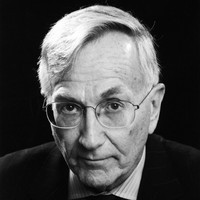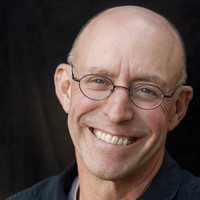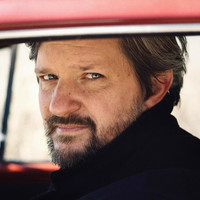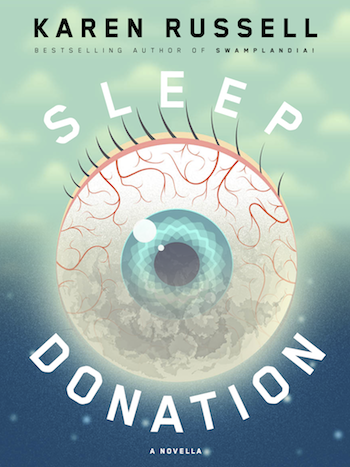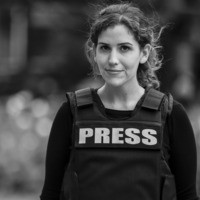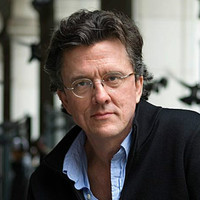Taffy Brodesser-Akner is a contributing writer at The New York Times Magazine and GQ.
“My writing career was something that was always about to happen, just as soon as the baby falls asleep, just as soon as I finish watching this five-hour bout of As the World Turns, just as soon as... What do you do when you realize that you have not been doing the thing you were going to do? You're in your 30s. You get to work.”
Thanks to TinyLetter and Lynda for sponsoring this week's episode. If you would like to support the show, please leave a review on iTunes.


